Digital trends for 2018: Data ethics, IT security and self-driving cars
What’s in store for technology in 2018? We have asked five ITU researchers to share their predictions.
Business IT DepartmentComputer Science DepartmentDigital Design DepartmentRasmus PaghKasper StøyIrina ShklovskiSøren DeboisLone Malmborg
Written 22 December, 2017 12:23 by Vibeke Arildsen
Demands for algorithmic transparency
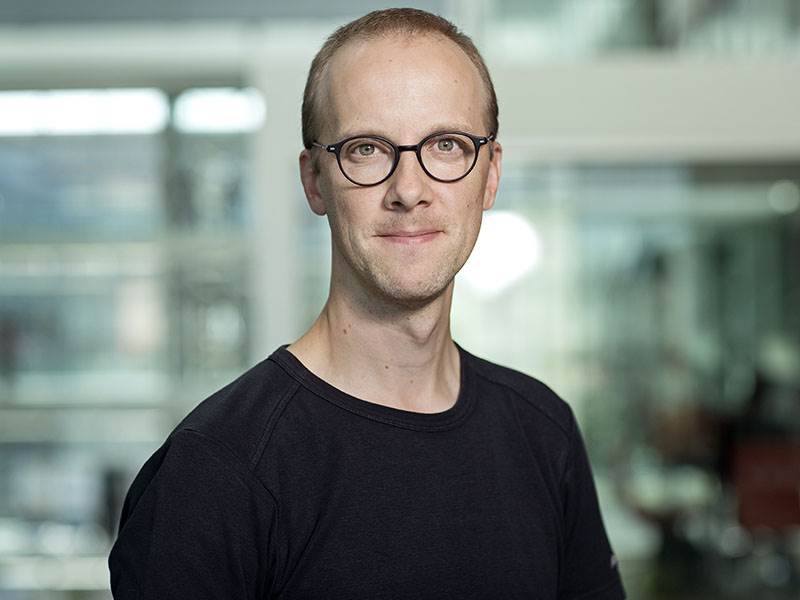 In 2018, we will see an increased focus on making decision-affecting algorithms more transparent, says Professor Rasmus Pagh.“In 2018 we will see an increased focus on making processes in which algorithms make significant choices more transparent. Algorithmic decision-making affects many aspects of modern society, such as the commercials and recommendations we are exposed to online; the results we get when searching the web; how the police or tax authorities prioritize their resources and how credit scores are computed.
In 2018, we will see an increased focus on making decision-affecting algorithms more transparent, says Professor Rasmus Pagh.“In 2018 we will see an increased focus on making processes in which algorithms make significant choices more transparent. Algorithmic decision-making affects many aspects of modern society, such as the commercials and recommendations we are exposed to online; the results we get when searching the web; how the police or tax authorities prioritize their resources and how credit scores are computed.
EU’s General Data Protection Regulation (GDPR) takes effect in May 2018 and requires a degree of transparency in certain automated decisions. The question of how to implement sufficient algorithmic transparency in practice will keep many politicians, lawyers, and computer scientists busy in 2018."
Rasmus Pagh, Professor, Computer Science Department
Car industry turning towards self-driving cars
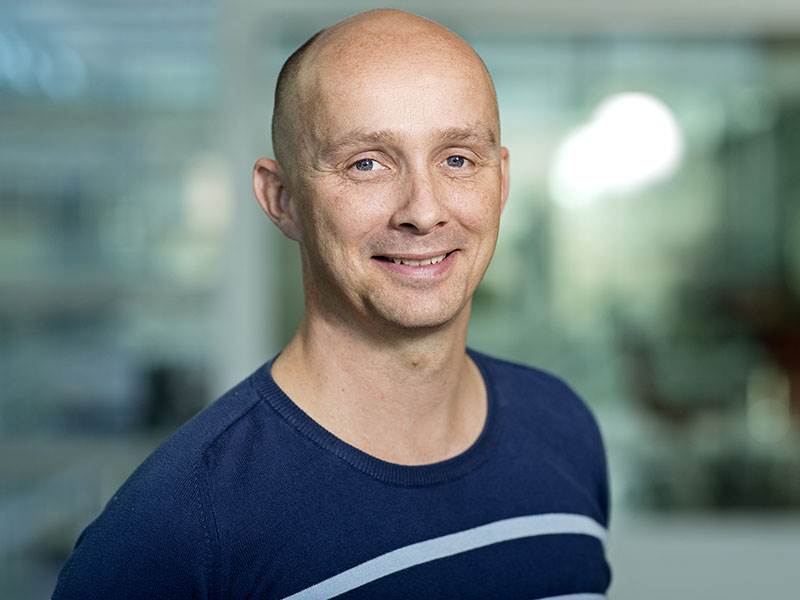 Professor Kasper Støy predicts that self-driving technology will mainly be used by the transportation sector in 2018.“In 2018 self-driving technology will continue to be in focus as all major players in the car industry are executing their plan towards developing this technology. Hopefully, some of the hype will also disappear so we can see what the future has in store for us. Will self-driving technology mostly be used in the transportation sector on freeways, or is it possible to overcome the last hurdles towards fully autonomous privately owned vehicles? My money is on the first for 2018.
Professor Kasper Støy predicts that self-driving technology will mainly be used by the transportation sector in 2018.“In 2018 self-driving technology will continue to be in focus as all major players in the car industry are executing their plan towards developing this technology. Hopefully, some of the hype will also disappear so we can see what the future has in store for us. Will self-driving technology mostly be used in the transportation sector on freeways, or is it possible to overcome the last hurdles towards fully autonomous privately owned vehicles? My money is on the first for 2018.
The long established household robots will also continue their slow progression. Maybe 2018 is the year that they finally convince you that they are good enough for you."
Kasper Støy, Professor, Computer Science Department
Difficult conversations about ethics
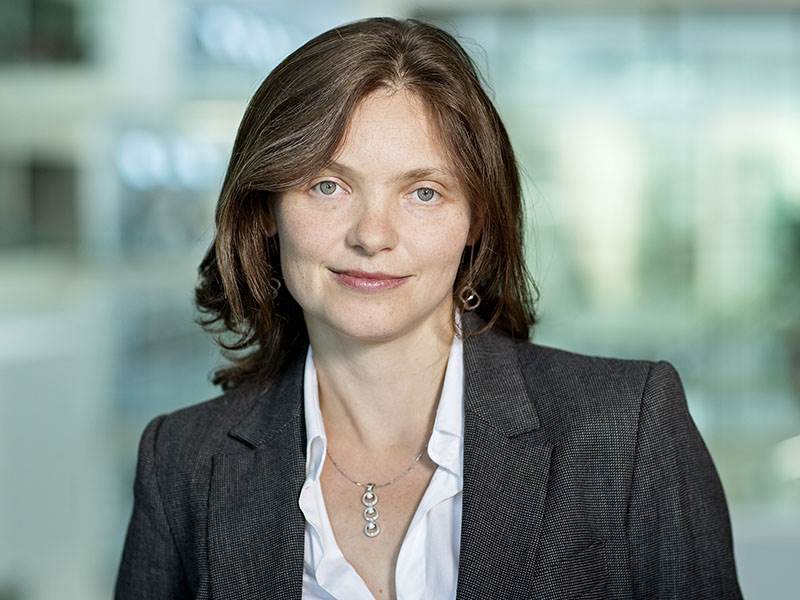 EU's General Data Protection Regulation will spark difficult conversations about data ethics, predicts Associate Professor Irina Shklovski.“2018 will be the year of difficult conversations about privacy, ethics and the role of technology in our lives and societies. Alongside the excitement about voice-activated home assistants, smart cities and data-driven efficiency, concerns among regular users as well as among social and government institutions are rising. More questions will arise about what constitutes personal data, what data are actually necessary for innovation, and about the implications of today’s data disclosure for our futures. Partially, this will be the result of the GDPR coming into force, requiring a shift from “what can we do with all this data?” to “given what we need to do, what sort of data do we need?”
EU's General Data Protection Regulation will spark difficult conversations about data ethics, predicts Associate Professor Irina Shklovski.“2018 will be the year of difficult conversations about privacy, ethics and the role of technology in our lives and societies. Alongside the excitement about voice-activated home assistants, smart cities and data-driven efficiency, concerns among regular users as well as among social and government institutions are rising. More questions will arise about what constitutes personal data, what data are actually necessary for innovation, and about the implications of today’s data disclosure for our futures. Partially, this will be the result of the GDPR coming into force, requiring a shift from “what can we do with all this data?” to “given what we need to do, what sort of data do we need?”
GDPR, however, is not the only thing that will motivate difficult conversations. Practically every tech event is producing statements or manifestos written by practitioners and industry leaders. The research team on my project, VIRT-EU, have collected and analyzed these documents, and we find that the main concerns in the European tech innovation industry seem to be about data privacy, ethics and the role of technology in our future.”
Irina Shklovski, Associate Professor, Business IT Department
A turning point for IT security
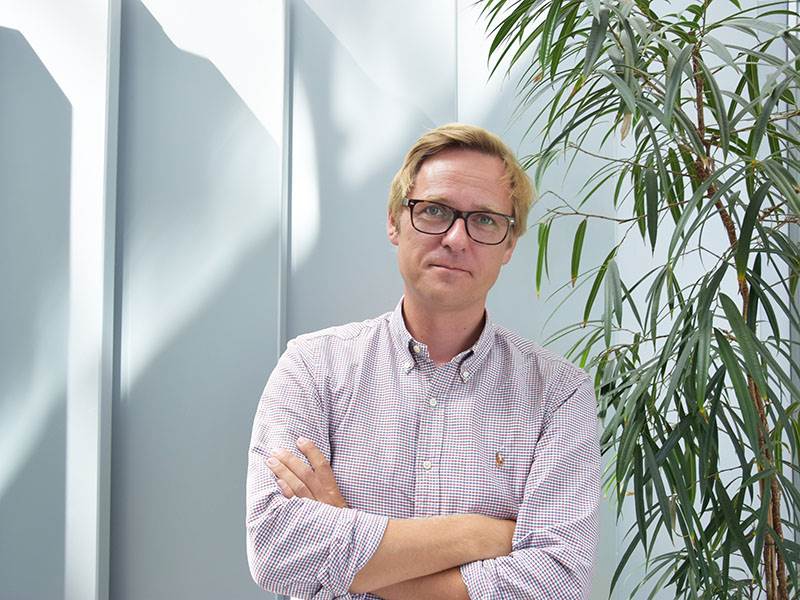 Associate Professor Søren Debois hopes that 2018 will be the year that the general public realizes how insecure IT systems are.“2017 will be remembered as the year we learned not to trust computers. Ransomware like WannaCry and Petya interrupted e.g. hospitals and public transit across Europe; weaponised exploits created by government organisations such as CIA and the NSA were used by criminals; massive data breaches such as Equifax exposed the social security numbers of half the US population; and anti-virus vendor Kaspersky was used as a covert surveillance operation by Russian intelligence.
Associate Professor Søren Debois hopes that 2018 will be the year that the general public realizes how insecure IT systems are.“2017 will be remembered as the year we learned not to trust computers. Ransomware like WannaCry and Petya interrupted e.g. hospitals and public transit across Europe; weaponised exploits created by government organisations such as CIA and the NSA were used by criminals; massive data breaches such as Equifax exposed the social security numbers of half the US population; and anti-virus vendor Kaspersky was used as a covert surveillance operation by Russian intelligence.
I believe that in 2018, we will see even more successful cyberattacks. Technology did not improve, and many companies and public institutions remain oblivious to how threatened they actually are. I am hopeful 2018 will be the turning point, though, with the general public waking up to how insecure IT systems are, and the EU via the GDPR requiring both public and private institutions to take IT security more seriously at the penalty of large fines.”
Søren Debois, Associate Professor, Computer Science Department
Movement towards human values
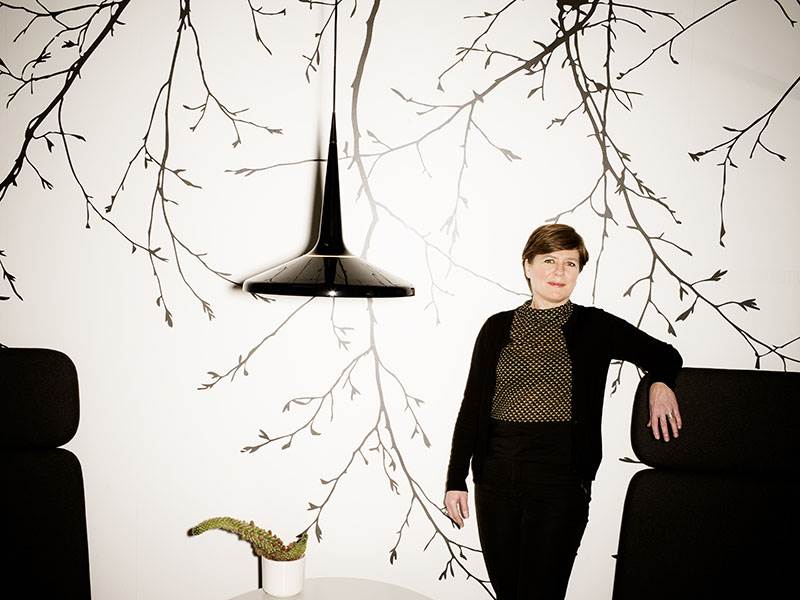 We will see a movement towards human values in digital technologies, says Head of Department, Lone Malmborg."I think we will see a clearer movement towards human values in both our design and use of digital technologies. This means, for example, that robotics research in addition to technical achievements will focus on ethical and societal issues. In senior care, we will also see more services developed with humans at the center. Municipalities call home the robot vacuum cleaners and instead focus on social relations as a primary human need, which can, for example, be met by media platforms that support the formation of new friendships.
We will see a movement towards human values in digital technologies, says Head of Department, Lone Malmborg."I think we will see a clearer movement towards human values in both our design and use of digital technologies. This means, for example, that robotics research in addition to technical achievements will focus on ethical and societal issues. In senior care, we will also see more services developed with humans at the center. Municipalities call home the robot vacuum cleaners and instead focus on social relations as a primary human need, which can, for example, be met by media platforms that support the formation of new friendships.
Finally, we will raise more critical questions about access to and use of our personal data. For instance, I think commercial players will take advantage of new business opportunities based on trade with health data, but at the same time a counter-movement where more people become more aware of the personal data that flows around in the social media universe."
Lone Malmborg, Head of the Digital Design Department
Vibeke Arildsen, Press Officer, phone 2555 0447, email viar@itu.dk